Embracing the Unfamiliar, the Challenges and the Adventure of an Exchange in Brazil by Ida-Mari Ravn, ECOCARE Exchange Student
By: Ida-Mari Ravn. ECO_CARE Exchange Student Spring 2025.
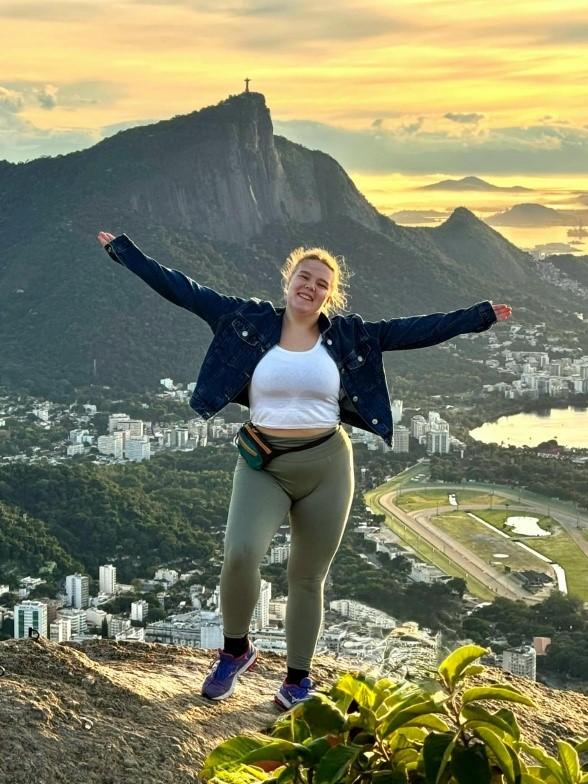
Picture 1: On top of Dois Irmãos, Rio de Janeiro, May 27th, 2025.
I have always yearned for and been fascinated by the unfamiliar and different – whether it is people, places, or experiences. Maybe it is my love for adventure, or perhaps it comes from growing up in a small town where nothing ever happens. Either way, my exchange to Brazil was unfamiliar, different and transformative. I was challenged in ways I had not expected, and learned so much, both academically and personally. The exchange gave me new perspectives and memories that I will not forget.
Nature has always been a central part of who I am. Growing up, we spent a lot of time in the mountains and out on the ocean. I learned to appreciate the outdoors, not just as a place to enjoy, but also as something to take care of. This connection to nature, combined with my slightly impulsive love for challenge and adventure, made the decision to go to Brazil an easy one. I saw the exchange as a unique opportunity to experience something completely different from what I had always known. The subjects offered through the program were intriguing, as they were creative and combined two areas I care about: nature and minority rights. For me, it was simply too good of an opportunity to pass up.
Going from Tromsø in Northern Norway to Rio de Janeiro in early March highlighted the contrast between the two places. When I left Tromsø, it was in the middle of winter, negative ten degrees with snow, ice and barely any sun. In Rio, it was summer, over thirty-two degrees and full of sunshine. It was not just the weather that felt different – it was the people as well. While Norwegians are often seen as reserved and private, Brazilians struck me as open, warm and welcoming, even with the language barrier. The energy of Rio during Carnaval made the contrast even more vivid. The city felt alive in a way I had never experienced
before – vibrant, loud, colourful and unforgettable.
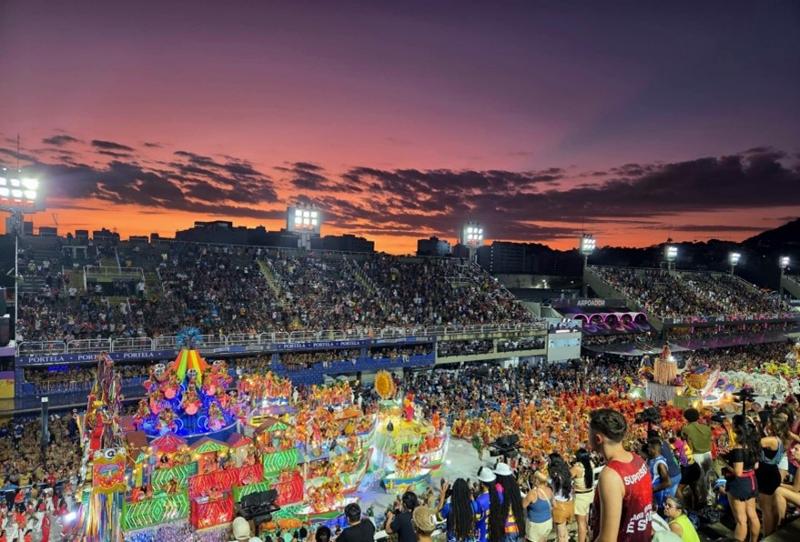
Picture 2 Sunrise over the Carnival in Rio de Janeiro March 9th, 2025.
One experience and feeling that has stayed with me is the feeling of not being able to understand or make myself understood. Before going I tried to learn as much Portuguese as I could. However, two months of using a language app does not prepare you for real-life conversations. Standing there, not understanding what was being said to me and unable to express myself, I felt helpless, frustrated, stupid and a little ashamed of how little I truly knew. In hindsight, I am grateful for that experience – even though it felt awful at the time. I have come to realize how lucky I was to have translation tools on my phone and people I could call for help if needed. That experience gave me a much deeper sense of empathy for people who move, whether by choice or not, to a foreign country where they cannot speak the language, have limited resources and no support network. I truly cannot imagine how difficult it must be to face that challenge without the tools and privileges I had taken for granted. That moment stayed with me, and it gave me a new perspective that I will carry with me moving forward.
My exchange was mainly in Manaus, a city in the Amazon. The university was uniquely located inside the forest, and on my first day I saw monkeys outside the classroom. Something I had not considered before going, was the need to be cautious of snakes, especially when walking around campus in the dark. While in Manaus, I took a course on Indigenous peoples around the world, which also explored connections to nature rights and food equality. The course format was different from what I am used to in my master’s program. Instead of lectures and seminars, we worked on creative projects, both individually and in groups – and engaged in open discussions. One of the most interesting aspects was discovering the similarities between different indigenous groups, not only in their cultures and values, but also in their histories. For example, both the Chiquitanos in Brazil and the Sámi in Norway experienced pivotal moments when dams were built in their rivers – events that became catalysts for them fighting for and eventually gaining more rights. I also had the chance to visit an Indigenous family along the Urubu River, where I learned about their way of life, the challenges they face, and experienced their traditions firsthand. The combination of classroom learning and real-life experiences made the exchange especially meaningful and unforgettable.
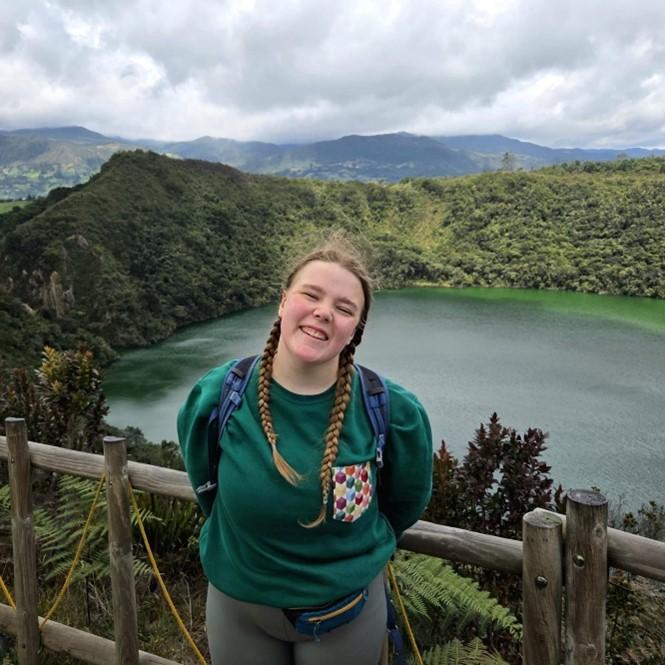
Picture 3: I took a trip to Bogotá in Colombia where I learned about the Muiscas. The picture is from Lake Guatavita, April 18th, 2025, a Lake that was important for the Indigenous Peoples of that area.
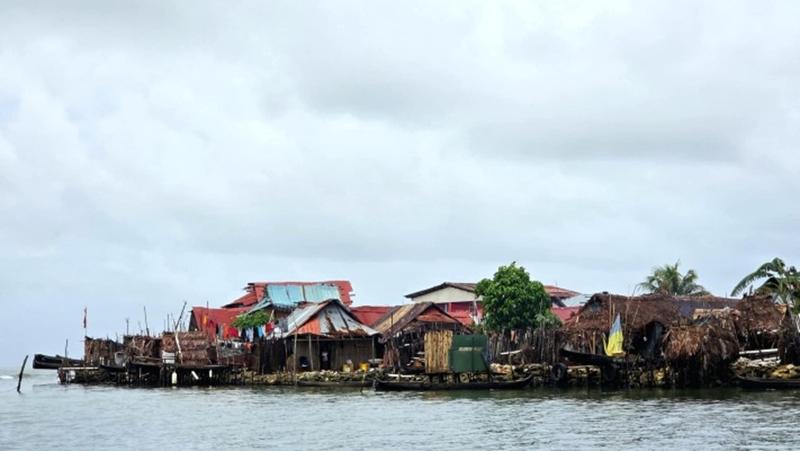
Picture 4 From my visit to the San Blas Islands in Panama. I got to visit and meet the indigenous people that lived on this densely populated island. April 29th, 2025.
This exchange was both challenging and rewarding, in ways I did not expect. I stepped outside my comfort zone in a way that was different from what I had done before. This has helped me grow, both academically and personally, by opening my eyes to new perspectives. I am incredibly grateful for the opportunity I was given and the challenges I faced along the way. Ultimately, I got to experience the unfamiliar and different – exactly what I have always yearned for, and an adventure I will never forget.
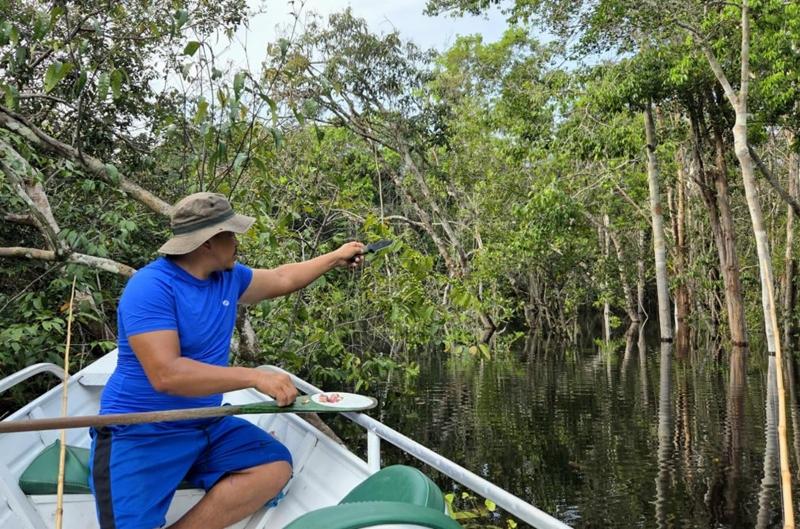
Picture 5: Fishing in the Urubu River in the Amazon, May 11th, 2025.
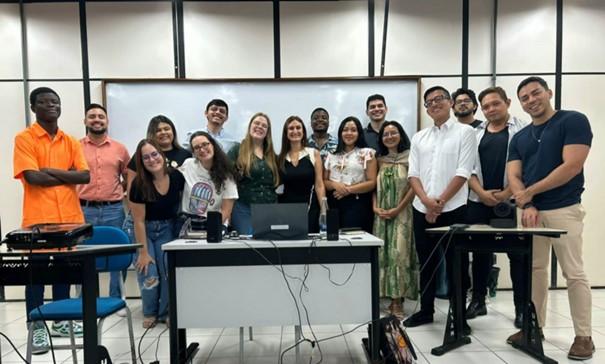
Picture 6 Last day of my exchange, May 23rd, 2025.
***
This blogpost can be cited as: Ida-Mari Ravn, Embracing the Unfamiliar, the Challenges and the Adventure of an Exchange in Brazil, August 2025.